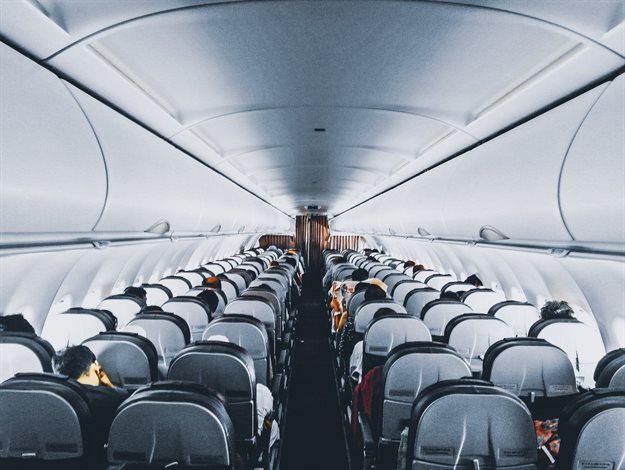Domestic air operators are expressly forbidden from providing any catering on board aircraft, as per new regulations gazetted yesterday by the Minister of Transport. The regulations further state that passengers on board domestic flights may not eat aboard the aircraft.

Photo by Sourav Mishra from
PexelsThe regulations come in support of better adherence to mask wearing on board aircraft in to prevent the spread of Covid-19.
“Air travel and the spread of coronavirus have been totally conflated in our minds, but what we forget is that people weren’t necessarily getting ill on aircraft, rather it’s the act of infected folks travelling from one community to another that perpetuated the spread of the disease,” says Kirby Gordon, chief marketing officer at FlySafair.
Several recent studies have confirmed that the sophisticated air filtration and management systems within modern airline cabins actually make them safer environments than most others, so much so that airlines around the world are permitted to fill up their aircraft without leaving open seats.
“We’ve been operating with strict protocols in place since 15 June last year and of all departments in our business the incidence of Covid-19 among our cabin crew is actually very low,” confirms Gordon.
A recent article from the MIT Medical School cites a 2018, pre-Covid study by the University of Florida which confirmed that that there is a low probability of direct transmission of droplet-mediated respiratory diseases during airline flights thanks to the air management system in modern aircraft. MIT further notes that this particular study was conducted before the introduction of face masks which add an additional significant layer of protection.
This is the primary factor motivating the new regulations around the consumption of food on aircraft that were gazetted yesterday. Several airlines in South Africa recommenced with on-board catering offerings which has offered passengers opportunity to drop their masks during flight for extended periods of time.
“Not having catering during flight does steal from the experience somewhat. It’s also a revenue stream that we would love during this tough time, but at this stage, not offering catering is the just the right thing to do.”

















































